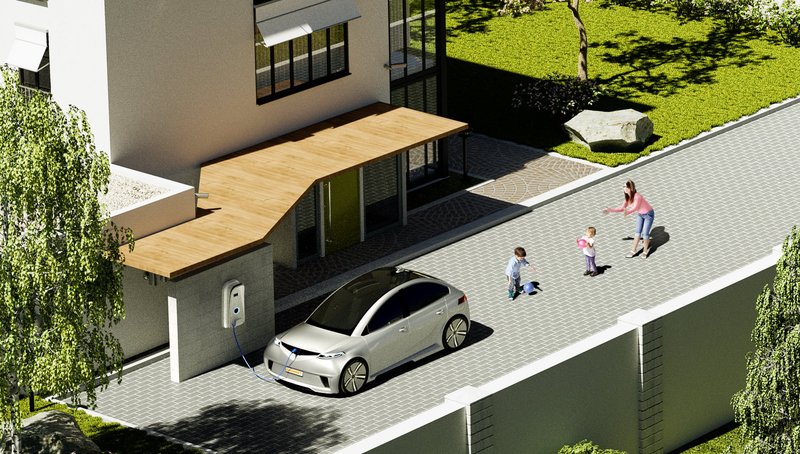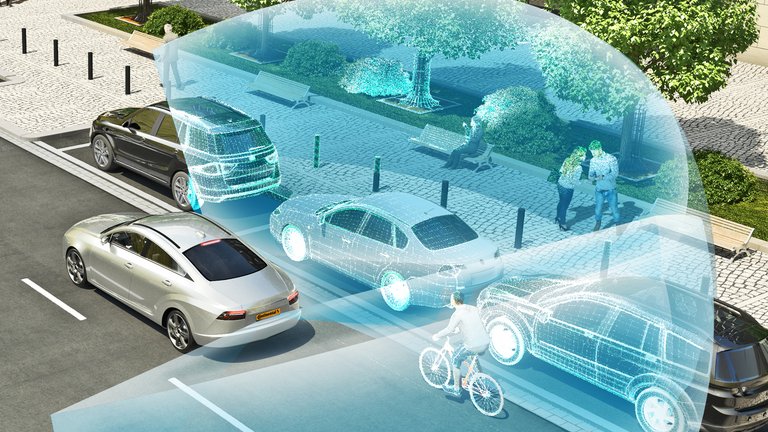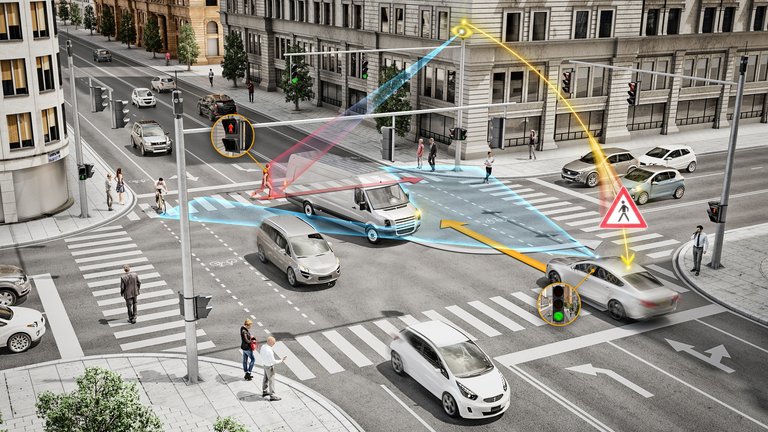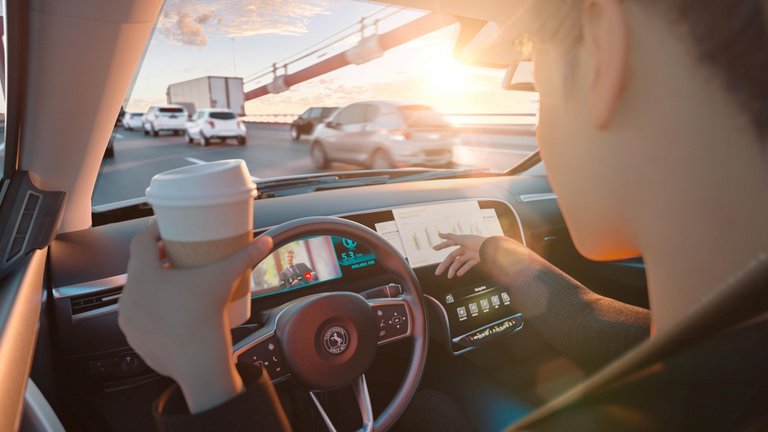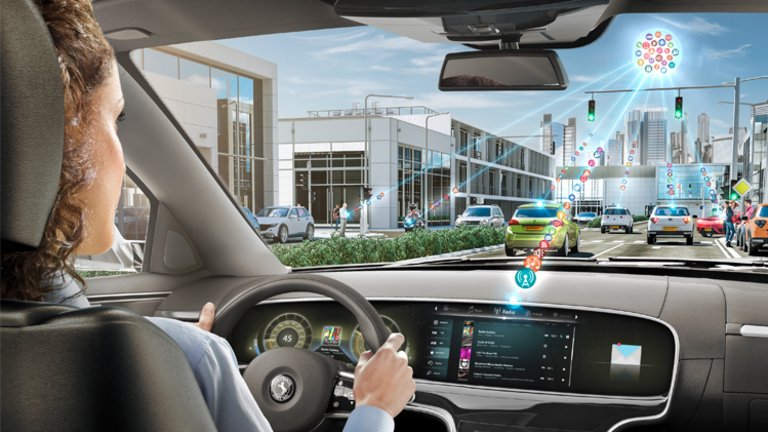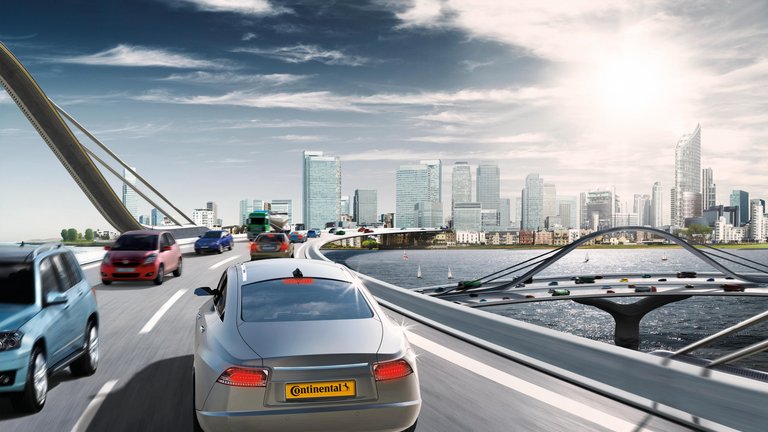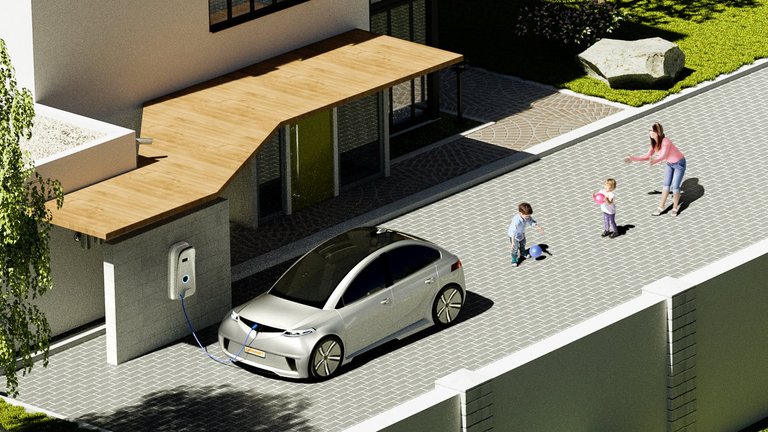Electric Mobility
In addition to innovative drivetrain concepts, emission-free mobility above all needs new forms of connectivity that network vehicles with their surroundings and tailor-made components.
What does electrification mean?
Emission-free vehicles are the future of mobility. Their potential goes far beyond innovative drivetrain concepts. Mobility with sustainable carbon-neutrality is only possible with comprehensive connectivity and safety. An essential role in this is played by groundbreaking technologies from Continental.
For example, Continental is a global technology leader in areas such as thermal management, state-of-the art tires or connectivity solutions – also for e-mobility. In the fiscal year 2020, Continental generated sales of more than €800 million with emission-free mobility – from bicycle tires and air suspension systems for trains and trams, thermal management in electric vehicles to tires or high-performance computers in electric vehicles like the Volkswagen ID.4.
Focus on active climate protection
Environmentally friendly vehicles: In the long term, the electrification of cars and two-wheelers will make an indispensable contribution to more efficient driving with lower emissions. This is not only because CO2 emissions and exhaust gases can be significantly reduced through the further development of innovative power transmission technologies. The connectivity of the various vehicle systems, together with a mix of materials optimized for lightweight design, helps to reduce energy consumption in the long term – whether on country roads, the freeway, or in the megacities of the future.
Lightweight design meets electric mobility
The industry is using various approaches to combat car drivers' range anxiety, with lightweight design playing an important role. One example is the development of a lightweight brake booster that is 50 percent lighter than the preceding generation, thereby significantly reducing CO2 emissions. Another example, related to the vehicle body, is a polyamide support bearing, which reduces the weight of the vehicle. At the same time, plastics processing also offers more ride comfort. Environmentally friendly cars with maximum comfort – thanks to lightweight design!
Sophisticated thermal management extends ranges of electric and hybrid vehicles
A major feature of Continental’s lines and hoses is sophisticated thermal management. This is driven by the fact that batteries in electric vehicles are most efficient when operated at temperatures ranging from 20 to 40°C. Battery life can be increased by either cooling or heating batteries in response to ambient temperatures. This leads to complex circuits which place significantly greater demands on individual components, including hoses and lines. Hoses and lines help to keep batteries and highly sensitive control circuits cool in electric and hybrid vehicles. Among other things, this has a beneficial impact on the range of battery-powered vehicles.
Into the Electric Future of Mobility with Continental
Electric mobility is inspiring more and more people and experiencing a global breakthrough. And when it comes to electrification, Continental is in the fast lane. This applies to novel drive systems and beyond, with its product spectrum extending from innovative tires to high-performance computers and interactive displays for the connected cockpit to intelligent brake systems and a practical robot for charging at home. An overview of Continental’s e-portfolio
